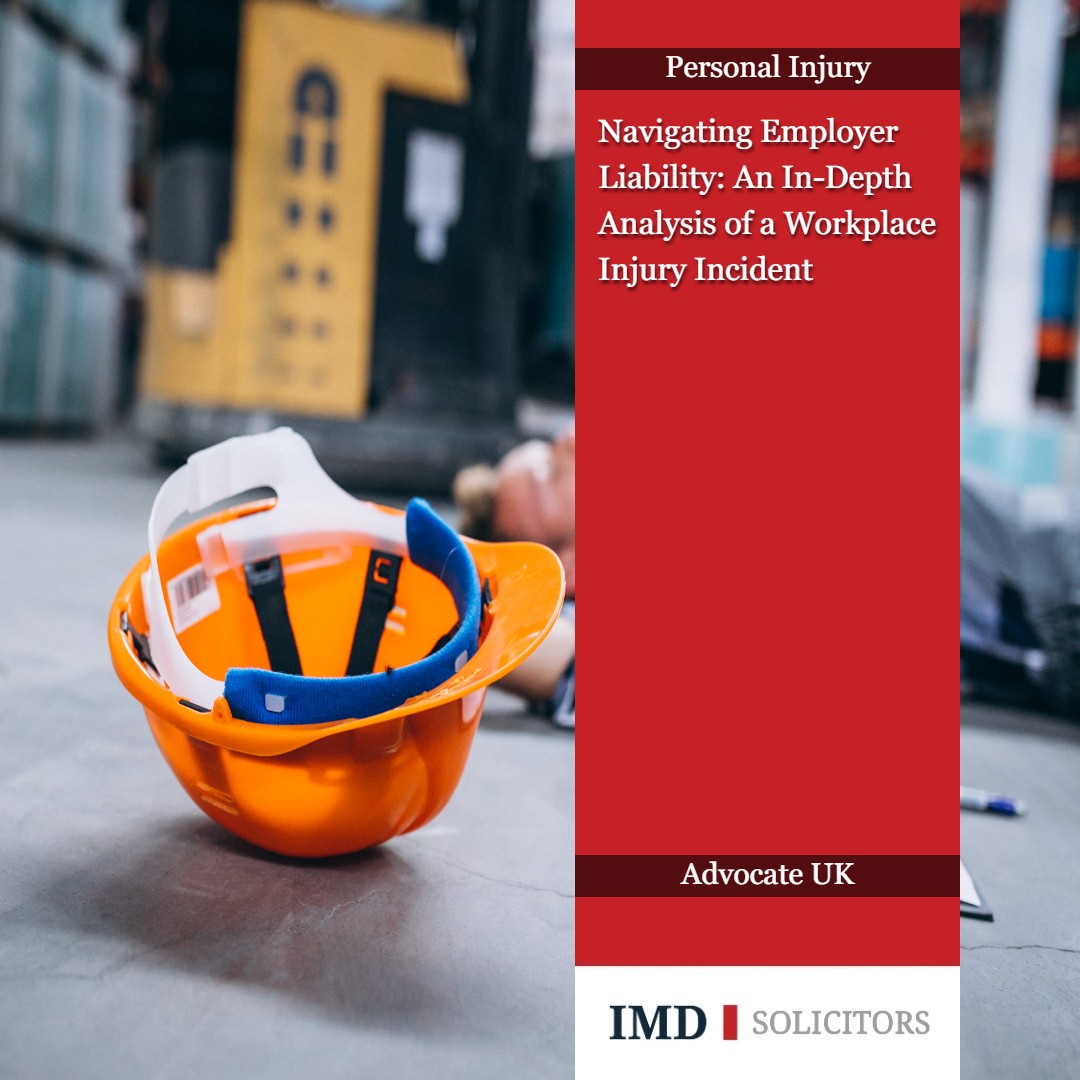
This case shows how important it is for employers to take good care of their workers. Employers must make sure the workplace is safe, provide the right training, and give workers the safety equipment they need. If they don’t, they could be legally responsible for any accidents that happen. This analysis will explore the legal aspects of the case, emphasizing employer liability, workplace safety, and compensation.
Our client, operating a press machine, was struck by a piece of wood, resulting in a deep facial laceration and a damaged retina. The employer initially denied responsibility, leading to a legal dispute resolved in favour of the client with a settlement of £25,000.
Two critical failures contributed to the accident: lack of proper safety equipment (eye and face protection) and inadequate training. When the wood unexpectedly split and struck the client, these failures became painfully evident. Under personal injury law, employers are obligated to provide a safe working environment. This includes adequate training and safety equipment. The employers are also responsible to ensure the health, safety, and welfare of their employees. Failure to provide protective gear and adequate training constitutes a breach of this duty.
Post-accident, the employer attempted to misrepresent the severity of the injury and later put pressure on the client to falsify how the injury occurred. This behaviour is not only unethical but also aggravates the employer’s liability.
Our firm’s investigation revealed significant negligence on the employer’s part. Key findings included:
These findings contradicted the employer’s initial claim that the client was responsible due to improper operation of the machinery and negligence in using safety equipment.
Our legal strategy involved demonstrating the employer’s failure in their duty of care. By establishing a clear link between the lack of safety measures and the client’s injury, we effectively argued the employer’s liability. The absence of training and safety equipment documentation was crucial.
The case culminated in the employer admitting liability and agreeing to a £25,000 settlement. Additionally, we secured compensation for medical expenses, including retinal repair and plastic surgery assessment. This not only covered the client’s immediate medical needs but also addressed potential long-term effects, such as the scar’s visibility and possible recurrence of eye issues.
Employers must provide adequate training and safety equipment to prevent workplace injuries.
The resolution of this case, with the client receiving both compensation and necessary medical care, highlights the effectiveness of legal intervention in addressing workplace safety violations and ensuring justice for injured employees.
This case study, handled by IMD Solicitors LLP, serves as a reminder of the critical role of legal professionals in advocating for workplace safety and protecting the rights of employees injured due to employer negligence. Trying to hide accidents or blame the workers wrongly can lead to legal troubles and hurt the business’s reputation. Being honest and taking responsibility is not only the right thing to do legally, but it also shows the business is run in a good way.
This article is for general information only and does not constitute legal or professional advice. Please note that the law may have changed since this article was published.